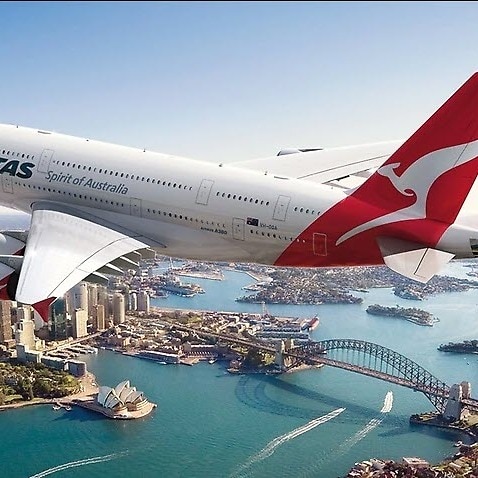From 1 December, all international passengers travelling to India will be required to upload a self-declaration form of their 14-day travel history and valid negative RT-PCR test result before their journey on the Indian government’s online portal. Travellers from ‘at-risk’ countries will have to undergo COVID-19 testing at the airport upon arrival.
The Indian Health Ministry has issued revised travel guidelines amid growing global concern over the new Omicron COVID variant.
From 1 December, the new guidelines will replace the existing ones and will continue until further notice.
Highlights:
According to the Indian government’s new guidelines, international travellers must submit an online self-declaration form that details their last 14 days of travel through the Air Suvidha portal before boarding an aircraft. A negative RT-PCR performed 72 hours before departure will also need to be uploaded.
Those travelling from countries classified as ‘at-risk’ will be required to get tested on arrival. Children under five are exempt from the test.
At-risk countries include South Africa, China, the UK and European countries, Bangladesh, Brazil, Botswana, Mauritius, New Zealand, Zimbabwe, Hong Kong, Singapore and Israel.
As per the guidelines, travellers will receive information on do’s and don’ts along with their tickets from the airlines/agencies concerned. Only asymptomatic travellers will be allowed to board the flight after the thermal screening.
All passengers are advised to download the Aarogya Setu app on their mobile devices.
What happens if you test positive?
If passengers test positive, either at an airport or during random sampling, their samples will be sent for genomic sequencing to determine if Omicron is present and passengers will then be sent into institutional quarantine.
“These cases will be managed in separate isolation facilities and treated as per laid down protocols, and their contacts will be placed under institutional quarantine or at home quarantine under strict state monitoring as per laid down protocols,” the ministry said.
According to the new rules, contacts of the suspect case are co-passengers in the same row, up to three rows in front and up to three rows behind, and the identified cabin crew members.
All community contacts of travellers who test positive during home quarantine will also be quarantined for 14 days and tested per ICMR protocol.
A negative test will require the person to remain in home quarantine for seven days, a follow-up test will be taken on the eighth day, and the individual will continue to monitor their health for the next seven days.
International arrivals from low-risk countries
International travellers not travelling from ‘at-risk’ countries and whose samples have been negative will be able to leave the airport and monitor their health for 14 days after their arrival.
However, according to the government, 5% of passengers not travelling from at-risk nations will also undergo random testing.
Costs of the 5% random testing will be borne by the civil aviation ministry, whereas the tests for passengers from ‘at-risk’ nations will be self-paid.
Where can you get a COVID-19 PCR test in Australia?
Travellers need a Travel Clearance Certificate, even though COVID-19 PCR tests are free and widely available throughout Australia. There is generally a fee to obtain this certificate, which varies from facility to facility.
Visit the following links to find the closest COVID-19 testing sites near you: Victoria, NSW, ACT, Queensland, SA, WA, NT and Tasmania.
Travel bans and new restrictions have been imposed on several parts of the world following the discovery of Omicron in Southern African nations.
Last week, Omicron was declared a ‘Variant of Concern’ by the WHO, placing it alongside Delta and weaker competitors Alpha, Beta, and Gamma in the most concerning category of COVID variants.
SBS is committed to informing Australia’s diverse communities about the latest COVID-19 developments. News and information is available in 63 languages at https://www.sbs.com.au/language/coronavirus
Listen to SBS Punjabi Monday to Friday at 9 pm. Follow us on Facebook and Twitter.
SBS acknowledges the traditional owners of country throughout Australia.









